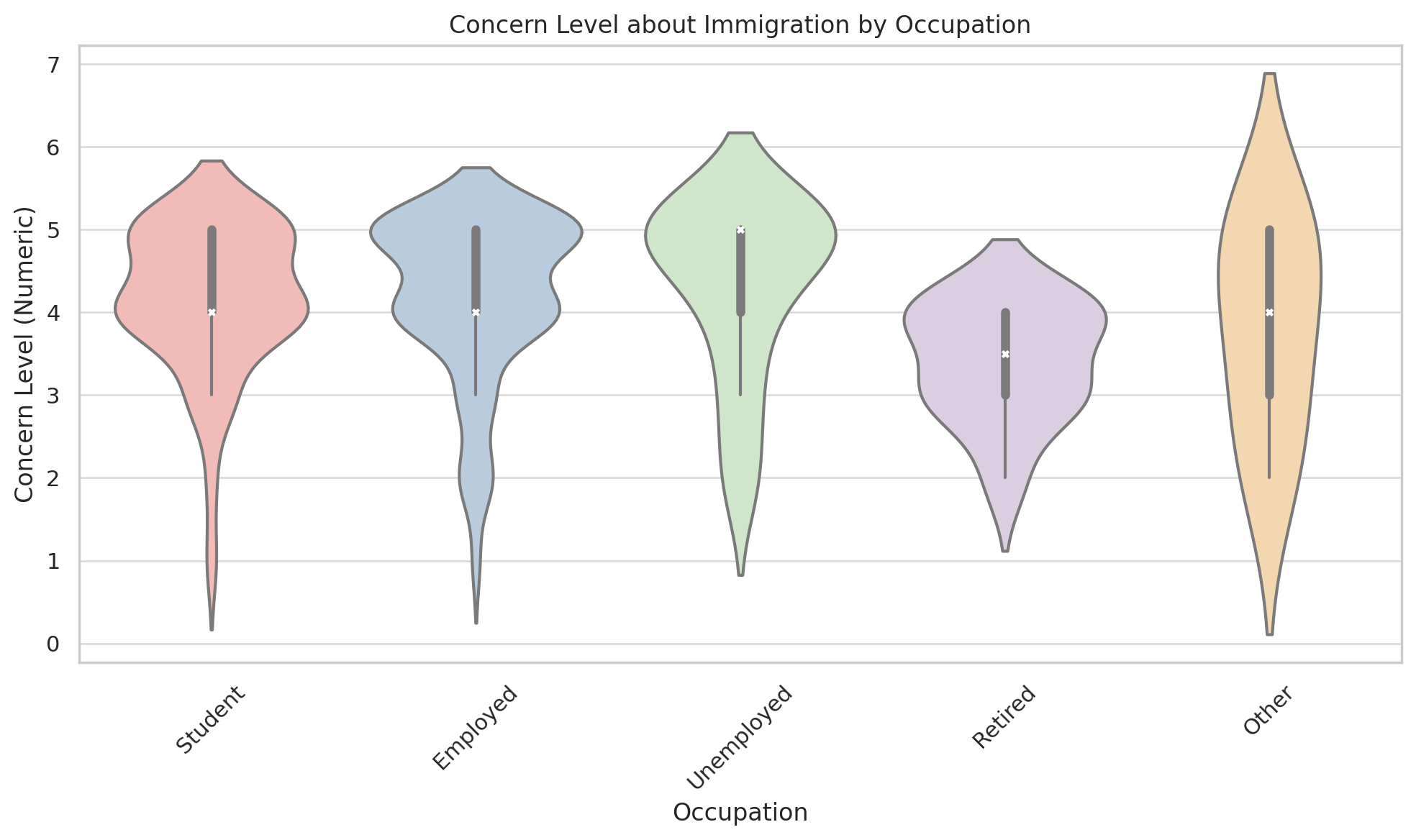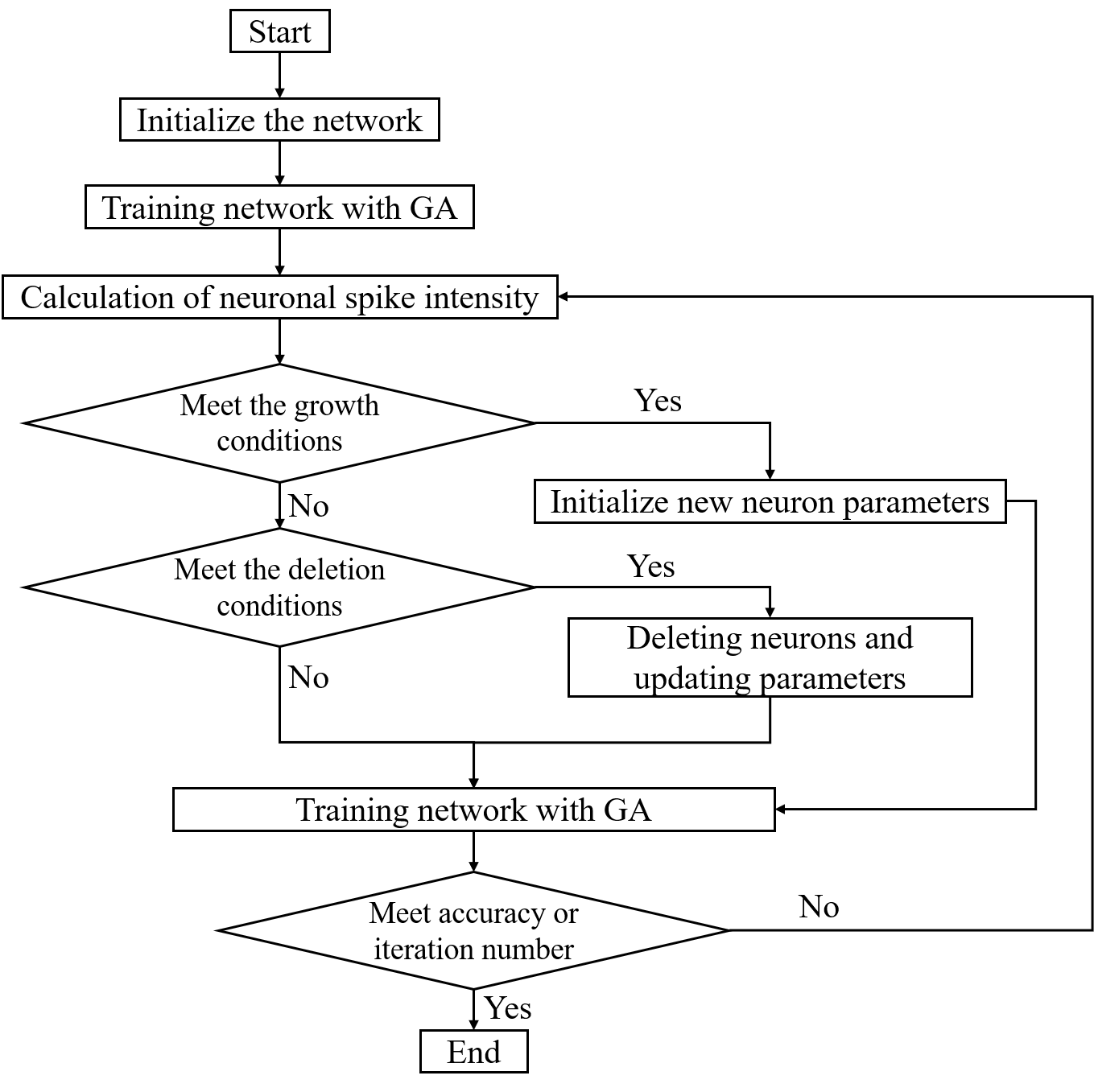 An open access journal
An open access journal
Sustainable Agriculture: Balancing Food Production and Environmental Conservation
Abstract
Sustainable agriculture has gained prominence as a means to meet global food demands while preserving the environment. This paper explores the significance of sustainable farming practices, emphasizing their role in food security, resource management, and climate change mitigation. It delves into various aspects, including organic farming, precision agriculture, and agroforestry. The discussion includes the benefits of sustainable agriculture, such as reduced environmental impact, improved soil health, and diversified crop yields. Moreover, the paper addresses the challenges and considerations in transitioning to sustainable farming, including economic viability and policy support. Through a review of sustainable agriculture initiatives and research, the study highlights the positive outcomes associated with environmentally conscious farming practices.
Share and Cite
Article Metrics
References
- Altieri, M. A., & Nicholls, C. I. (2003). Soil fertility management and insect pests: harmonizing soil and plant health in agroecosystems. Soil and Tillage Research, 72(2), 203-211.
- Gomiero, T., Pimentel, D., & Paoletti, M. G. (2008). Environmental impact of different agricultural management practices: conventional vs. organic agriculture. Critical Reviews in Plant Sciences, 27(6), 277-293.
- Pretty, J., Toulmin, C., & Williams, S. (2011). Sustainable intensification in African agriculture. International Journal of Agricultural Sustainability, 9(1), 5-24.






